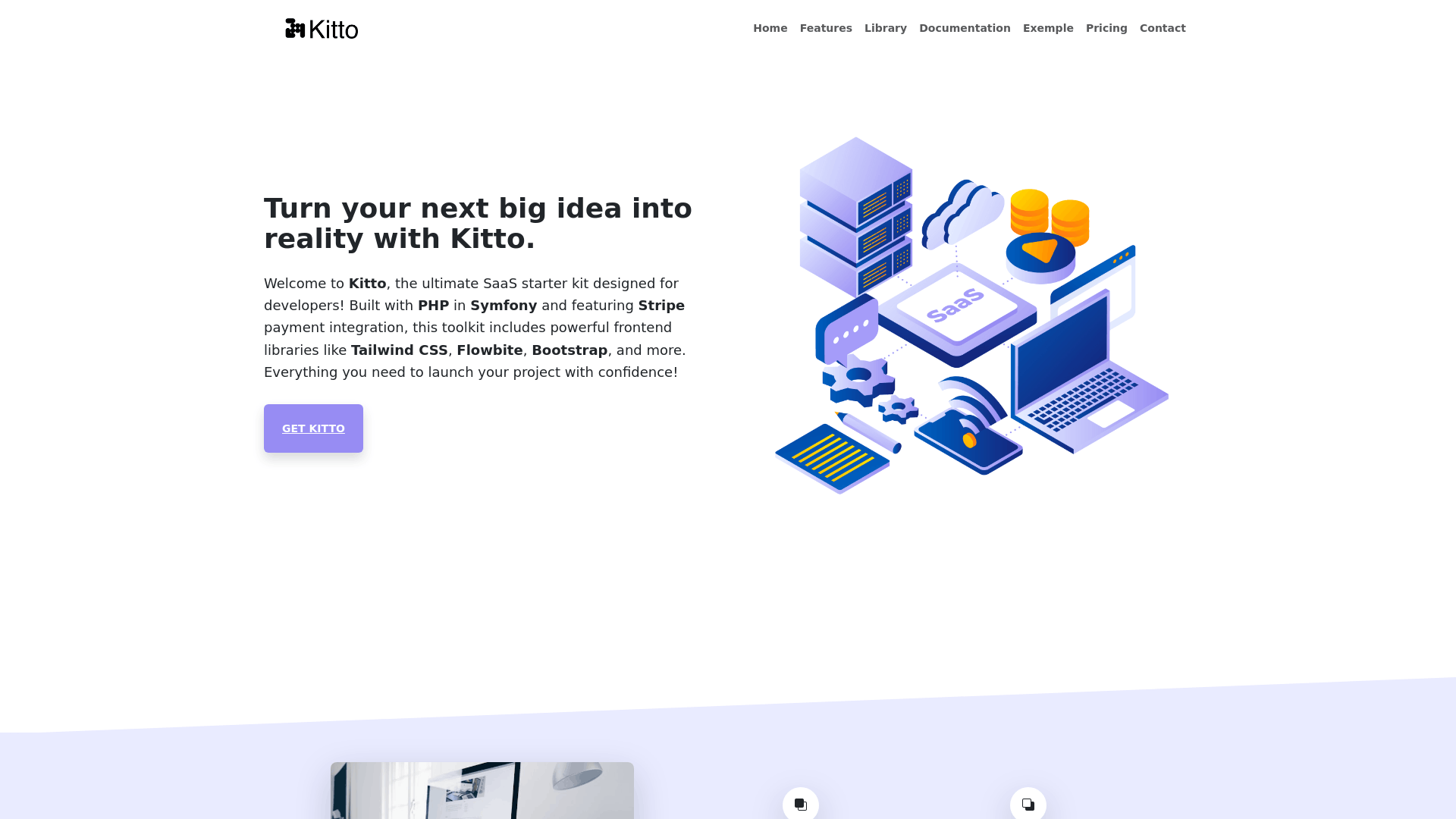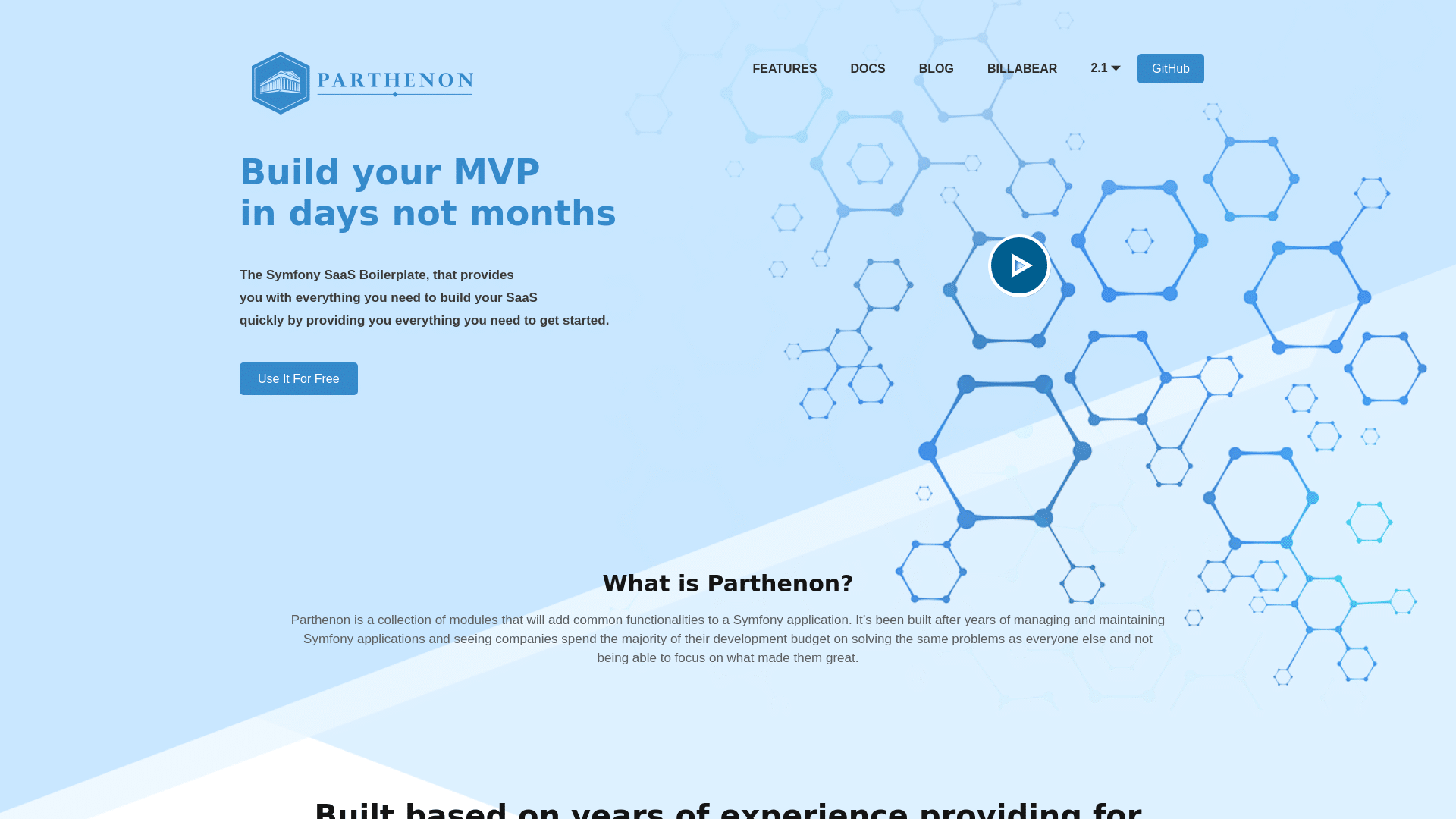

A Symfony SaaS boilerplate is a starter kit that includes all the necessary features to build a SaaS application quickly. Instead of spending time and effort building authentication, billing, and other functionalities from scratch, developers can use a boilerplate to speed up the development process. A Symfony SaaS boilerplate includes built-in lightweight templates, ORM for easier data manipulation, an advanced toolkit, and other useful features that help in building robust web applications.
Symfony offers several benefits such as faster development time, scalability, modularity, flexibility, and a large community of developers. Symfony also provides object-oriented libraries, which make it easier for developers to reuse code and develop applications more efficiently.
Some of the best Symfony SaaS boilerplates available in the market include.
Symfony is a popular PHP framework for developing robust web applications. Released in 2005 by Fabien Potencier, Symfony has gained immense popularity over the years with 28.6k stars on GitHub and 33,967 websites built with it, according to BuiltWith statistics. Symfony uses the Model-View-Controller (MVC) architecture and is known for its flexibility, modularity, and scalability.
The framework is designed to make it easier for developers to build complex web applications by providing a range of features such as routing, templating, form handling, and security. Symfony also includes a command-line tool called Console, which automates repetitive tasks, making it easier to manage and maintain large-scale applications.
One of the advantages of Symfony is its flexibility, which allows developers to customize the framework to meet the specific needs of their application. It also has a large and active community, which provides ongoing support, documentation, and third-party bundles that extend its functionality.